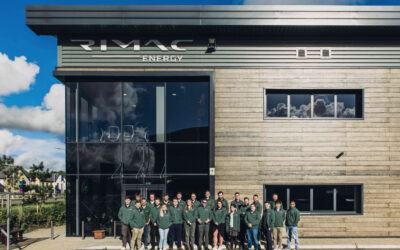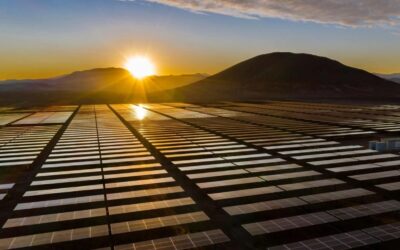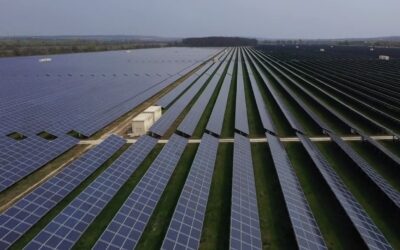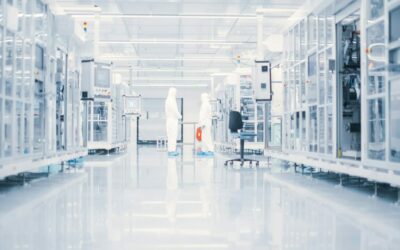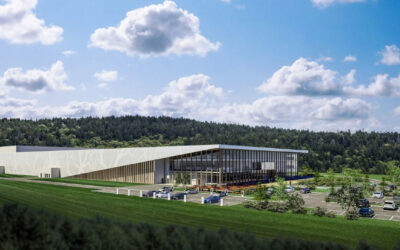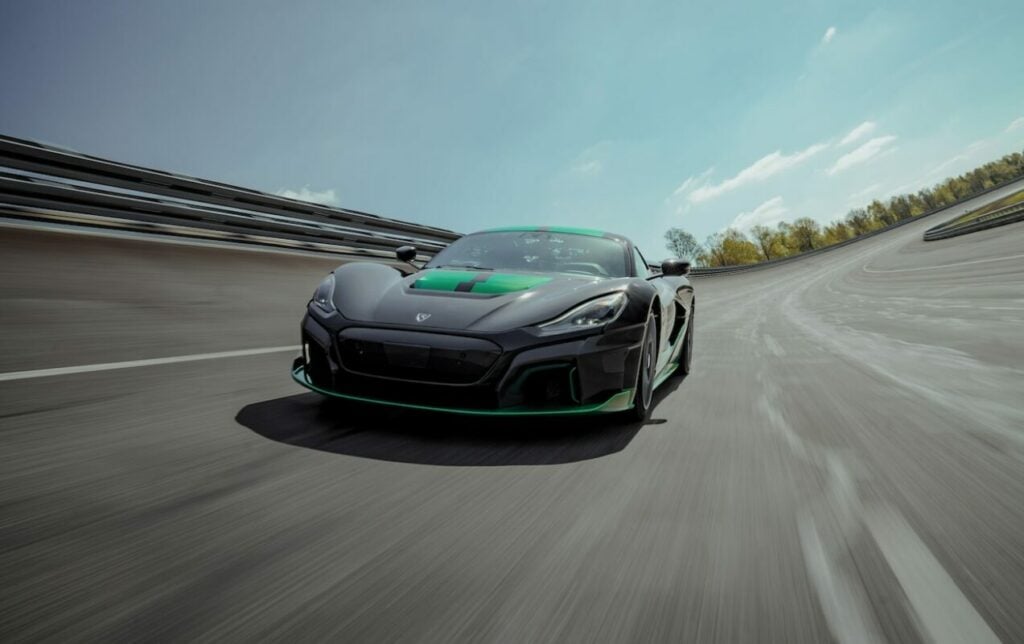
Electric ‘supercar’ firm Rimac is bringing “leading expertise in extracting maximal performance” from battery cells to its new energy storage division, which will also consider non-lithium technology, it told Energy-Storage.news.
The Croatia-headquartered high performance electric vehicle (EV) technology company announced the launch of its energy storage system (ESS) business, Rimac Energy, earlier this month.
Enjoy 12 months of exclusive analysis
- Regular insight and analysis of the industry’s biggest developments
- In-depth interviews with the industry’s leading figures
- Annual digital subscription to the PV Tech Power journal
- Discounts on Solar Media’s portfolio of events, in-person and virtual
Or continue reading this article for free
The new division has 60 employees and its product portfolio will include utility-scale, commercial and industrial (C&I) and battery-integrated EV charging solutions, the company said.
Rimac Energy will produce its pilot systems for selected customers this year with commissioning set for 2024, including a pilot with an unnamed “leading renewable energy company” for battery storage solutions at its solar and wind plants.
“High volume” production of its ESS products will start in 2025 at the Rimac Campus in Croatia, scaling to more than 10GWh of annual production, the company added.
Speaking at the Belgrade Energy Forum 2023 recently, Rimac Energy director Wasim Sarwar Dilov said: “For almost two years, we’ve been working behind the scenes to really develop stationary storage systems that are better than what we see today. The systems that we see today generally are quite expensive. The systems that we see today are not the most efficient, and they require more space than we would like.”
Rimac Group’s existing divisions are 100%-owned subsidiary Rimac Technology, which provides technology solutions to the high-end EV market, and its 55:45% JV with Porsche, Bugatti Rimac, through which it produces its own EV models.
Rimac Automobili’s Nevera model (pictured above) set 23 performance records in a single day, the company announced last week (17 May). Rimac Group is valued at over €2 billion (US$2.15 billion) after a €500 million fundraise last year.
Energy-Storage.news asked a spokesperson for the company to provide more details about its new ESS product and how it planned to compete in the space. The answers provided are below.
Energy-Storage.news: Could you provide us a brief overview of the specs of the ESS products you plan to launch?
Rimac Energy: Later this year, we will disclose the technology and detailed specifications of our products. Currently, we can reveal that our solution is highly scalable, accommodating systems with capacities ranging from 770kWh to multiple GWh. It is designed to be adaptable, catering to the individual requirements of our customers with whom we maintain a close collaborative relationship.
Furthermore, our novel electrical architecture enables our products to reduce efficiency losses by up to 50%, while decreasing the system footprint by 40% compared to state-of-the-art systems. We also anticipate an improvement in system lifetime.
How does Rimac’s background in high-performance sports cars lend itself well to competing in the ESS space?
Through our high-performance automotive projects, we have acquired leading expertise in extracting maximal performance from a given set of battery cells.
We firmly believe that the crucial factor for achieving an efficient Energy Storage System (ESS) lies in designing the system as a fully integrated entity, rather than piecing together off-the-shelf battery modules, BMKS, inverters, and other components.
Leveraging this expertise and design philosophy, we have developed an innovative electrical architecture for stationary ESS, which yields the aforementioned advantages.
Additionally, we capitalise on our in-house developed battery management system (BMS) and advanced analytics, as well as design-to-cost and industrialisation expertise gained from high-volume automotive tier 1 projects.
Could you clarify whether you will produce your own lithium-ion battery cells or whether you procure them from larger OEMs?
We will source our battery cells from established cell manufacturers, prioritising a local and sustainable supply chain. Our selection of battery chemistries is carefully balanced to ensure optimal cost-effectiveness, efficiency, longevity, and a secure supply. Additionally, as our systems are adaptable to various battery cell chemistries, our product portfolio will encompass lithium-free cell options as well.
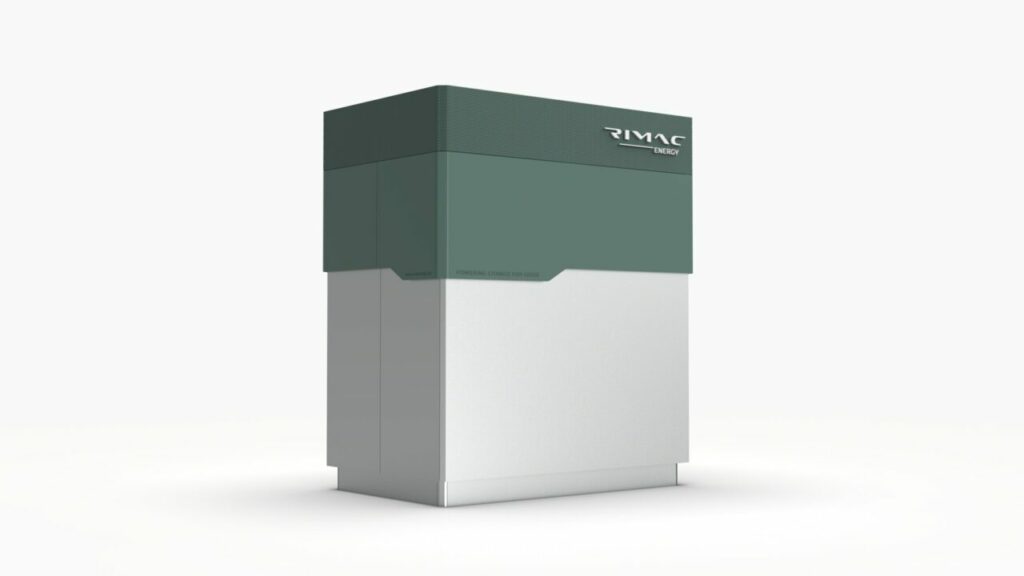
Energy-Storage.news’ publisher Solar Media will host the inaugural Energy Storage Summit Central Eastern Europe on 26-27 September this year. This event will bring together the region’s leading investors, policymakers, developers, utilities, energy buyers and service providers all in one place, as the region readies itself for storage to take off. Visit theofficial site for more info.

